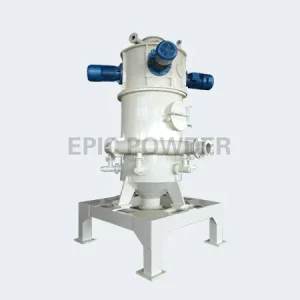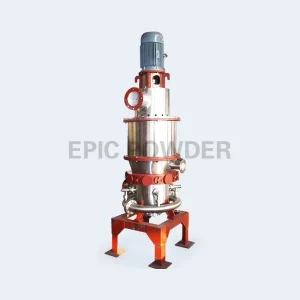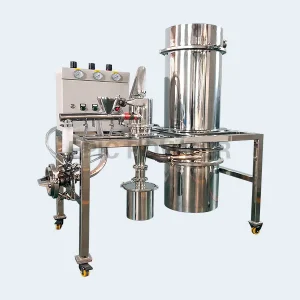The jet mill for heat-sensitive materials is designed to minimize thermal degradation during the grinding process. Jet mills reduce particle size using high-velocity air or steam. This minimizes heat during milling. This is vital for heat-sensitive materials. They may degrade or lose efficacy at high temperatures. Also, jet milling gives a uniform particle size. This can improve the final product’s performance and stability. Also, a jet mill has no moving parts. This reduces the risk of contamination. It ensures that heat-sensitive materials stay intact during milling. A jet mill is a good way to process delicate materials. It preserves their quality.
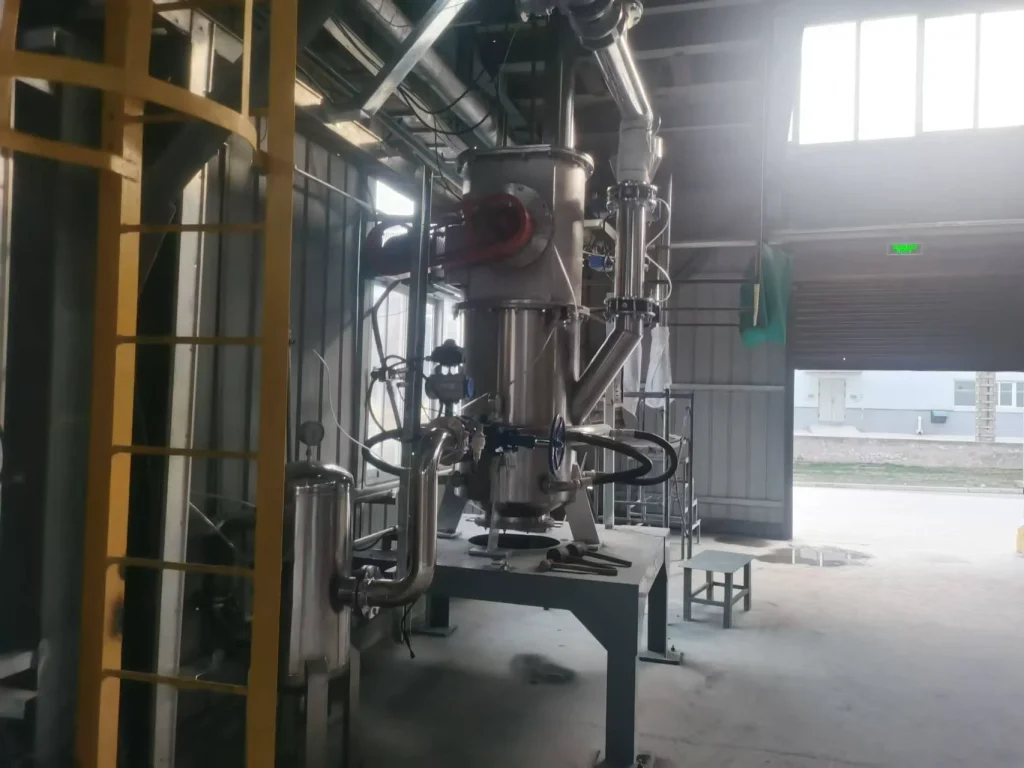
Which materials are heat sensitive?
Gelatin
Starch
Sugar
Protein
Active Pharmaceutical Ingredients (APIs)
Thermal Sensitive Inks
Advantages of Using a Jet Mill for Heat-Sensitive Materials
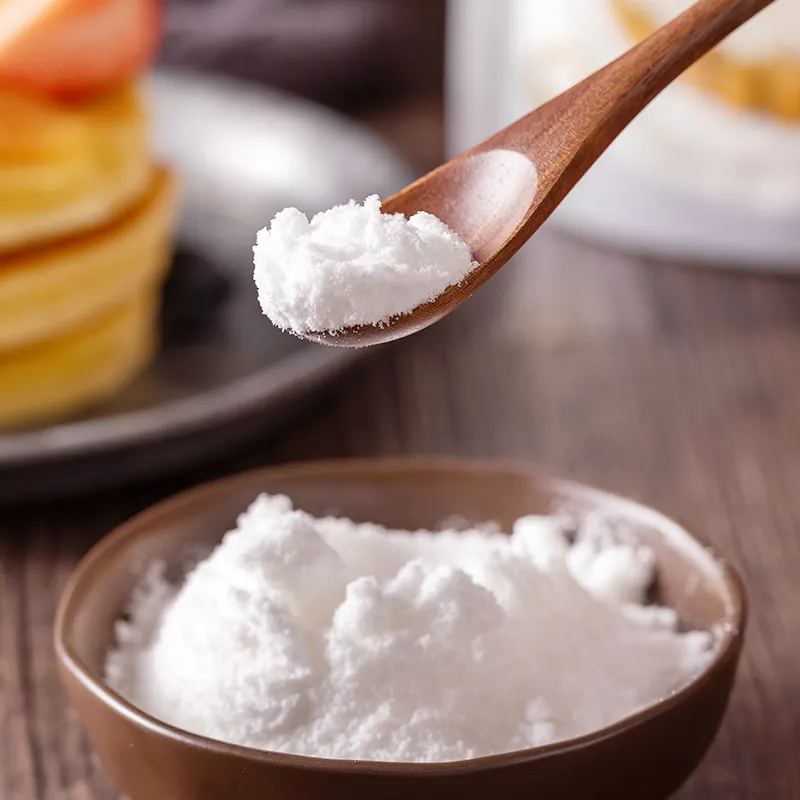
Jet mills are best for grinding heat-sensitive materials. They are widely used in the pharmaceutical, food, and specialty chemicals industries. Here are the key benefits:
Low Temperature Grinding
Minimal Heat Generation: Jet mills operate without mechanical grinding tools. Instead, they use high-pressure air or gas to create high-velocity collisions between particles. This process generates very little heat, unlike traditional milling methods. This is crucial for materials that can degrade at high temperatures.
Adiabatic Cooling: The milling process expands compressed gas. This cools the material being processed. This cooling effect offsets heat from particle collisions. It allows for effective grinding of materials with low melting points or those that are thermally sensitive.
High Purity and Minimal Contamination
No Mechanical Parts: Jet mills have no blades or hammers. So, there is no risk of wear and contamination from milling components. This is vital for applications needing high purity, like pharmaceuticals and food.
Closed System Operation: Jet mills often operate in a closed system. This reduces the risk of outside contamination and minimizes dust emissions during grinding.
Versatile Processing Capabilities
Wide Range of Materials: Jet mills can efficiently handle many heat-sensitive materials, including sugary, volatile, and hygroscopic substances. Their versatility makes them suitable for many uses beyond grinding. These include blending and classifying different powders.
Simultaneous Drying and Grinding: Some jet mills can perform drying operations concurrently with grinding, which is beneficial for materials that may absorb moisture during processing.
Uniform Particle Size Distribution
Tight Control Over Particle Size: Jet milling can produce very fine particles, down to 1 micron. It has a narrow size distribution. This uniformity is vital for consistent performance in paints and coatings. There, particle size affects color strength and stability.
Efficient Production Cycles
Faster Processing: The jet mill’s high-speed collisions reduce sizes faster than traditional methods. This efficiency leads to shorter production cycles and higher throughput. This is good in fast-paced manufacturing.
Jet mill for heat-sensitive materials related equipment
In summary, jet mills are ideal for grinding heat-sensitive materials. They keep low temperatures, ensure high purity, and have versatile uses. They also produce uniform particle sizes and boost efficiency. These benefits make jet milling vital in industries where material integrity is key.

